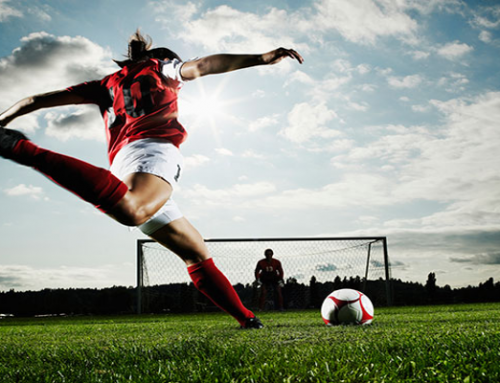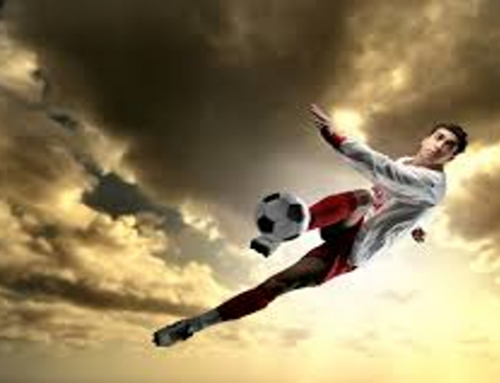Over the past few years popular books like ‘Bounce’, ‘The Talent Code’ and ‘Talent is Overrated’ have contributed to the belief that practice is a more potent ingredient in the recipe of a champion that natural, in-born talent. The nature V nurture debate is important for coaches, players and parents as it drives speed of development through personal habit and coaching protocols. Here’s my take on the argument.
I take a very simple view of a very complex landscape. Neither nature nor nurture are the defining characteristics of the world’s greatest soccer players. It’s a melting pot of factors that, when stirred together in a positive manner, can produce champion footballers.
I like to break the nature V nurture debate down to 3 main factors – genetic, environment, and coaching:
Genetic factors – natural physical ability (hand-eye/foot-eye coordination, visual acuity, pre-dominant type of fibre muscles etc) and in-born mental attributes (interest, focus, determination, motivation etc….and yes, there is plenty of empirical evidence to suggest we are not born with a ‘clean slate’ mentally!)
Environment – parental influence; peer influence; school influence; opportunity (access to facilities, coaches)
Coaching – physical and mental development protocols (essentially, the quality of coaching)
Why is it important to break down development and potential in this way? Because it gives you the player, coach or parent the very best chance of planning the most effective improvement programme, and the very best chance to be the very best you can be as a player, a coach or soccer parent. Here’s a few questions:
Understanding the 3 factors that influence the development of a player – genetic, environment and coaching – is a powerful process for all involved in the beautiful game. It is something that I, as a football psychologist, will continue to espouse as a spread my soccer based messages.




